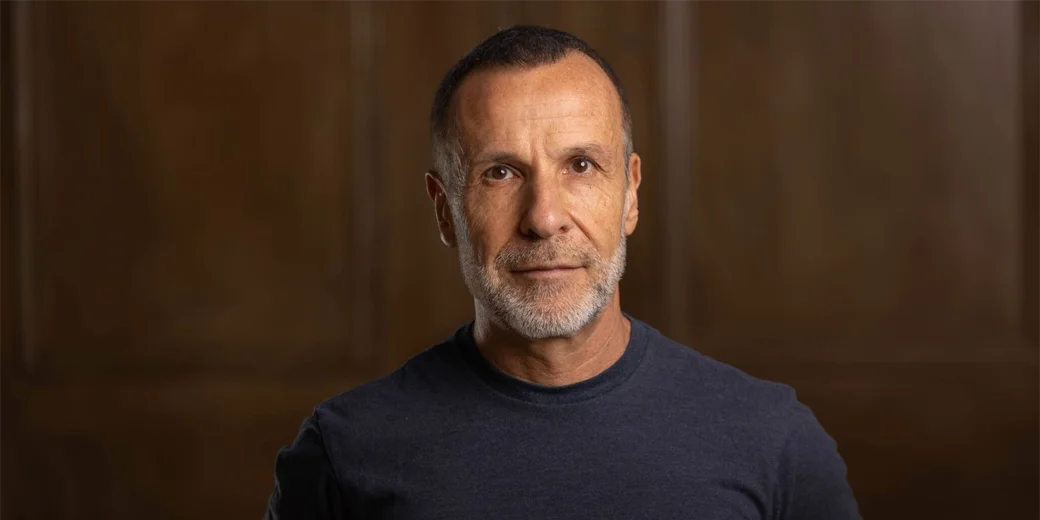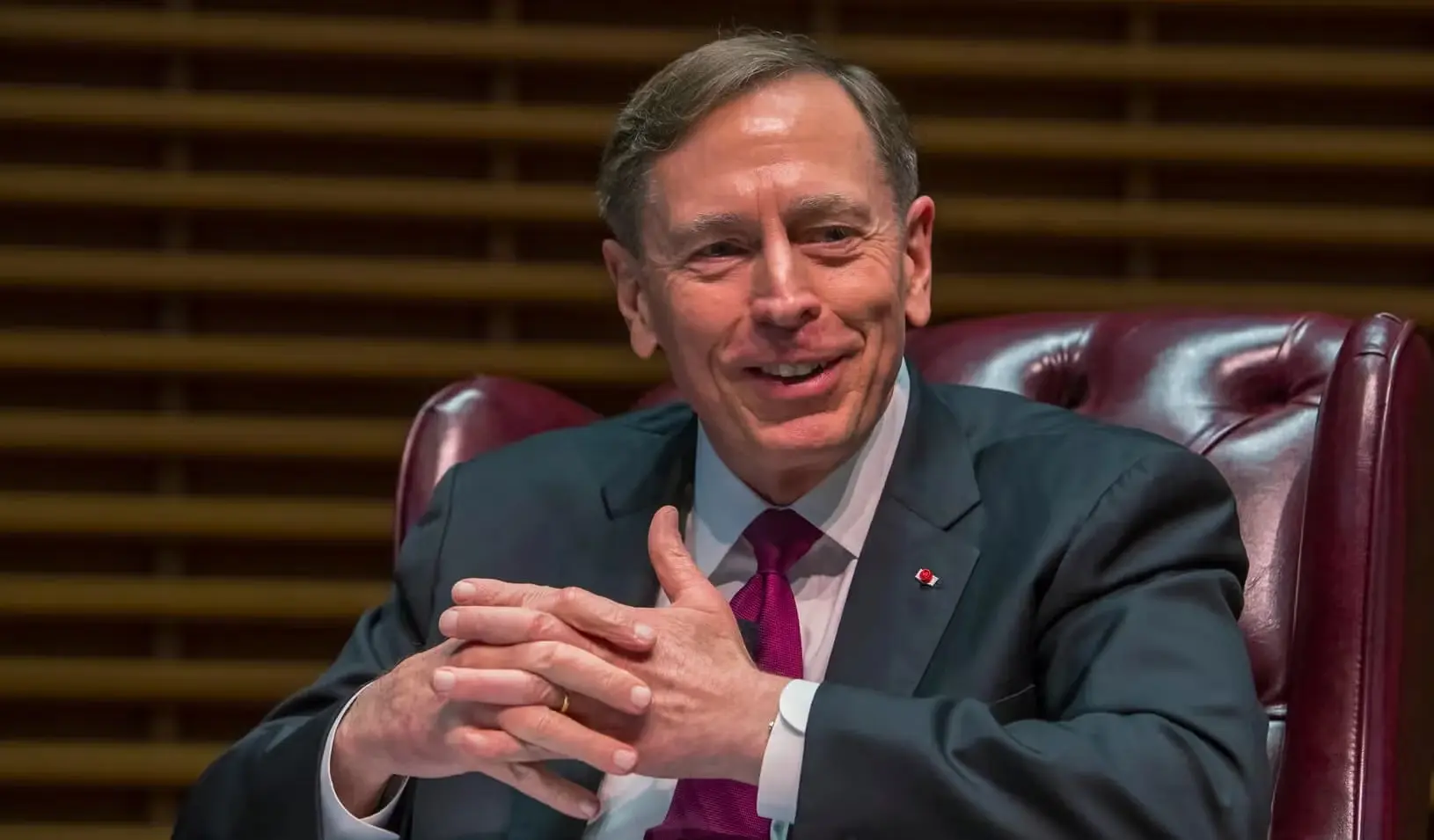*We are now accepting new clients for the 2026-27 cycle! Sign up here.
X
In this podcast, Mike discusses the factors to consider when you receive an invitation to interview for a law school you've applied to.
You can listen and subscribe to our podcast on Apple Podcasts, Spotify, YouTube, SoundCloud, and Google Podcasts.
This is Mike Spivey, and this is Status Check with Spivey, where we talk about life, law school, law school admissions — which we’re going to focus on today. Because I saw a question posed online, “Should I do X school’s” — I actually don’t even remember what school it was — “X school’s optional interview.” And it kind of fascinated me, because the answer is both straightforward but also incredibly nuanced and introspective, and humans are really bad at introspection. So we’ll sort of dive in first with the straightforward part of it.
Ideally, the answer is, yes always. It’s a datapoint for that school that you’re interested in the school, and it’s a chance for you to humanize yourself, to differentiate yourself, to speak about more and provide more information about yourself in the process. So the most straightforward in a simple level, yeah, do the interview. Here’s where the nuance comes in, not everyone should do interviews.
There’s two reasons why schools interview but it’s really heavily weighted towards the second reason. The first reason is, they want to see if you do it, right, if you show up for the interview and like the Georgetown group interview example. Or if you do a Kira interview, which I know are just awful. But that’s a datapoint that you’re interested in the school. And maybe that’s like 10% of the reason why schools interview.
Let me backtrack. Before the great recession, admissions offices and career services offices did not work very well hand in hand; they sort of operated in silos as their little fiefdoms. The great recession hit; I was actually a dean of career services during the great recession. This is sort of like after my admissions career and before my Spivey Consulting career.
The great recession was a game changer because so many students weren’t getting employed, and if students had even like remotely poor interviews, since law firms went from hiring 55 entering summer class students to 5, even like the tiniest blemishes on your interviews would get you dinged from the OCI process or the summer internship process, the hiring process. It was just a very, very tough time. Like incidentally, two to three years from now we might have another – I don’t think it’s going to be nearly as drastic, but I think we may have another downturn in employment opportunities because of the 9% over-enrollment from this past cycle, two-year term, and I wouldn’t worry about that. Let’s worry about your admissions cycle, get you into schools.
So schools interview so that they can detect people who are bad at interviewing and then they’re probably not going to – particularly the more selective the school can be — the more able they are to say no to someone who is not very strong at interviewing. This data is dated. But I think Harvard tended to admit about 75% of the people they interviewed. Now during competitive cycles, I bet you that number goes down, 70, 65%, I don’t know. They certainly haven’t shared that data with me. So it’s really difficult, but I’m going to try to help if I can.
You have to have a frank conversation with yourself, “Am I good at interviewing?” And it’s interesting because I have a lot of experience helping people answer that question. Shy, introverted people tend to think that they’re not as good at interviewing as they really are, right? So that’s imposter syndrome. In other words, they are better at interviewing than they realize. but because they are shy and introverted and they don’t like to be interviewed, they tend to be overly critical of themselves.
If you are shy and introverted, I’ve mock interviewed — and I’ve interviewed hundreds, if not thousands honestly of people — and there’s nothing wrong with being shy and introverted in an interview. You don’t have to hopping off the screen; you have to be able to talk about yourself in a mindful, thoughtful, somewhat confident — the Journal of Human Resources does tell us that being confident is important in an interview. Being relatable, having an high EQ in a live interview is the most important thing.
So there’s a lot of shy, introverted people out there that are have very high EQs. In fact, they probably correlate, they are more sensitive to the other people so they are better at picking up cues from the other person. I wouldn’t overthink it if you are shy and introverted, that’s not a reason to disqualify yourself.
Here’s the bigger thing I see, and I see this every cycle. Please listen to our podcast that we just did with Terry Real, people who are grandiose, so they mask their insecurities with grandiose statements. And I can think of some examples from my past 23 years. “I’m used to talking to billionaires on jets” — right, someone told me that. Or another person in the same space as I did said, “I only talk to dean level employees.” These people are in the Dunning Kruger side of the equation of sort of interviewing where they would think that they are great at interviews and they are not.
And sadly, we see this every cycle, we see people telling us, “I’m great at interviewing, I don’t understand why I didn’t get into these three schools at the interview because here are my numbers, they are above the medians and I’m great at interviewing,” and within 10 minutes on the phone with them, you could tell that actually probably the interview killed them because they were just like slamming down too much grandiose statements about themselves left and right, trying to overly impress. I mean you have to show people, don’t tell them. Tell them an experience about your life, don’t tell them how great you are.
The best way to impress people is Dale Carnegie, How to Make Friends and Influence People, written in the 1940s — always shows up on this list of like the top five books people should read for self-help. Because it’s really just about being curious, being actively engaged in the other person. So if you are being interviewed, and they ask you what question do you have for them, asking them how they got involved in admissions, asking them about their school, asking them about their law school experience if you know that they went to law school, they’re going to love you. Because people love talking about themselves. Heck, I’m sitting here, voice recording and I like it, right. And no one’s asking me questions.
The more conversational you can do, and here, this is transitions to my last piece of advice, record yourself, practice with others and record it. Is it conversational, are you confident but not grandiose? Are you able to answer questions that are a little bit outside the box?
I think I heard a school once ask, “You find yourself alone on an island with your favorite book, how did you get on that island?” Right, so they are misdirecting you with that favorite book and your mind’s thinking, “What’s my favorite book, what’s my favorite book?” And all of a sudden you have to like completely go 180, how did I get on this island. So that’s a little bit – I mean like business school interviews, I went to business school and the interviews with consulting companies at business school were infinitely harder, “How would you create an algorithm in your mind to determine how many gum balls are in this gum ball machine?” Stuff like that. You’ll never have to ask that.
Law school interviews tend to be easy; they just want to see if you can hold up your end of the conversation in a pleasant, professional, confident way. I know I just gave you a tricky question. But generally, they are a lot easier than people realize, they are not trying to trick you. If you are a jerk, if you’re impolite, if you’re impolite in the process, if you’re haphazard and unprofessional, if you don’t dress professionally, if you look all over the place. If you had five 5-Hour Energies right before the interview, if your sympathetic nervous system is just out of control, then yeah, those are the things they are looking for. But 75-90% of the time, you’re probably okay, just really do a deep-dive inward, ask your friends, ask your friends what are the five words that describe you. Ask them to be completely honest. The saddest thing about this is the people who are the most grandiose, the most overwrought, are the people that are the least likely to recognize it.
So I hope this is helpful. I hope I gave some strategies versus tactics, I can’t give tactics because there’s an almost infinite number of questions schools can ask you at interviews. But generally, they’re going to be about, “Tell us about you,” “Tell us about your future plans,” or “Tell us about us.” Only you know about you, only you know about your future plans, so since there’s no wrong answer, there’s just a wrong way of delivering it. And you should have faith in yourself. You can be calm, collected, shy, it doesn’t matter. You know a ton about yourself, have faith, but please be introspective before you sign off. This is Mike Spivey.


In this episode of Status Check with Spivey, Dr. Guy Winch returns to the podcast for a conversation about his new book, Mind Over Grind: How to Break Free When Work Hijacks Your Life. They discuss burnout (especially for those in school or their early career), how society glorifies overworking even when it doesn’t lead to better outcomes (5:53), the difference between rumination and valuable self-analysis (11:02), the question Dr. Winch asks patients who are struggling with work-life balance that you can ask yourself (17:58), how to reduce the stress of the waiting process in admissions and the job search (24:36), and more.
Dr. Winch is a prominent psychologist, speaker, and author whose TED Talks on emotional well-being have over 35 million combined views. He has a podcast with co-host Lori Gottlieb, Dear Therapists. Dr. Winch’s new book, Mind Over Grind: How to Break Free When Work Hijacks Your Life, is out today!
Our last episode with Dr. Winch, “Dr. Guy Winch on Handling Rejection (& Waiting) in Admissions,” is here.
You can listen and subscribe to Status Check with Spivey on Apple Podcasts, Spotify, and YouTube. You can read a full transcript of this episode with timestamps below.


In this episode of Status Check with Spivey, Mike interviews General David Petraeus, former director of the Central Intelligence Agency and Four-Star General in the United States Army. He is currently a Partner at KKR, Chairman of the KKR Global Institute, and Chairman of KKR Middle East. Prior to joining KKR, General Petraeus served for over 37 years in the U.S. military, culminating in command of U.S. Central Command and command of coalition forces in Afghanistan. Following retirement from the military and after Senate confirmation by a vote of 94-0, he served as Director of the CIA during a period of significant achievements in the global war on terror. General Petraeus graduated with distinction from the U.S. Military Academy and also earned a Ph.D. in international relations and economics from Princeton University.
General Petraeus is currently the Kissinger Fellow at Yale University’s Jackson School. Over the past 20 years, General Petraeus was named one of America’s 25 Best Leaders by U.S. News and World Report, a runner-up for Time magazine’s Person of the Year, the Daily Telegraph Man of the Year, twice a Time 100 selectee, Princeton University’s Madison Medalist, and one of Foreign Policy magazine’s top 100 public intellectuals in three different years. He has also been decorated by 14 foreign countries, and he is believed to be the only person who, while in uniform, threw out the first pitch of a World Series game and did the coin toss for a Super Bowl.
Our discussion centers on leadership at the highest level, early-career leadership, and how to get ahead and succeed in your career. General Petraeus developed four task constructs of leadership based on his vast experience at the highest levels, which can be viewed at Harvard's Belfer Center here. He also references several books on both history and leadership, including:
We talk about how to stand out early in your career in multiple ways, including letters of recommendation and school choice. We end on what truly matters, finding purpose in what you do.
General Petraeus gave us over an hour of his time in his incredibly busy schedule and shared leadership experiences that are truly unique. I hope all of our listeners, so many of whom will become leaders in their careers, have a chance to listen.
-Mike Spivey
You can listen and subscribe to Status Check with Spivey on Apple Podcasts, Spotify, and YouTube. You can read a full transcript with timestamps below.


In this episode of Status Check with Spivey, Anna has an in-depth discussion on law school admissions interviews with two Spivey consultants—Sam Parker, who joined Spivey this past fall from her position as Associate Director of Admissions at Harvard Law School, where she personally interviewed over a thousand applicants; and Paula Gluzman, who, in addition to her experience as Assistant Director of Admissions & Financial Aid at both UCLA Law and the University of Washington Law, has assisted hundreds of law school applicants and students in preparing for interviews as a consultant and law school career services professional. You can learn more about Sam here and Paula here.
Paula, Sam, and Anna talk about how important interviews are in the admissions process (9:45), different types of law school interviews (14:15), advice for group interviews (17:05), what qualities applicants should be trying to showcase in interviews (20:01), categories of interview questions and examples of real law school admissions interview questions (26:01), the trickiest law school admissions interview questions (33:41), a formula for answering questions about failures and mistakes (38:14), a step-by-step process for how to prepare for interviews (46:07), common interview mistakes (55:42), advice for attire and presentation (especially for remote interviews) (1:02:20), good and bad questions to ask at the end of an interview (1:06:16), the funniest things we’ve seen applicants do in interviews (1:10:15), what percentage of applicants we’ve found typically do well in interviews (1:10:45), and more.
Links to Status Check episodes mentioned:
You can listen and subscribe to Status Check with Spivey on Apple Podcasts, Spotify, and YouTube. You can read a full transcript of this episode with timestamps below.